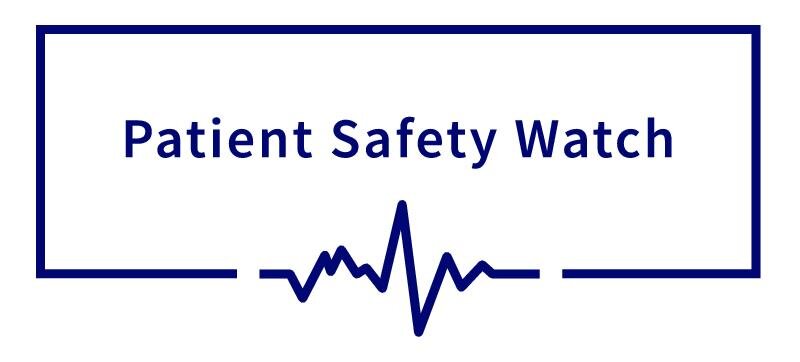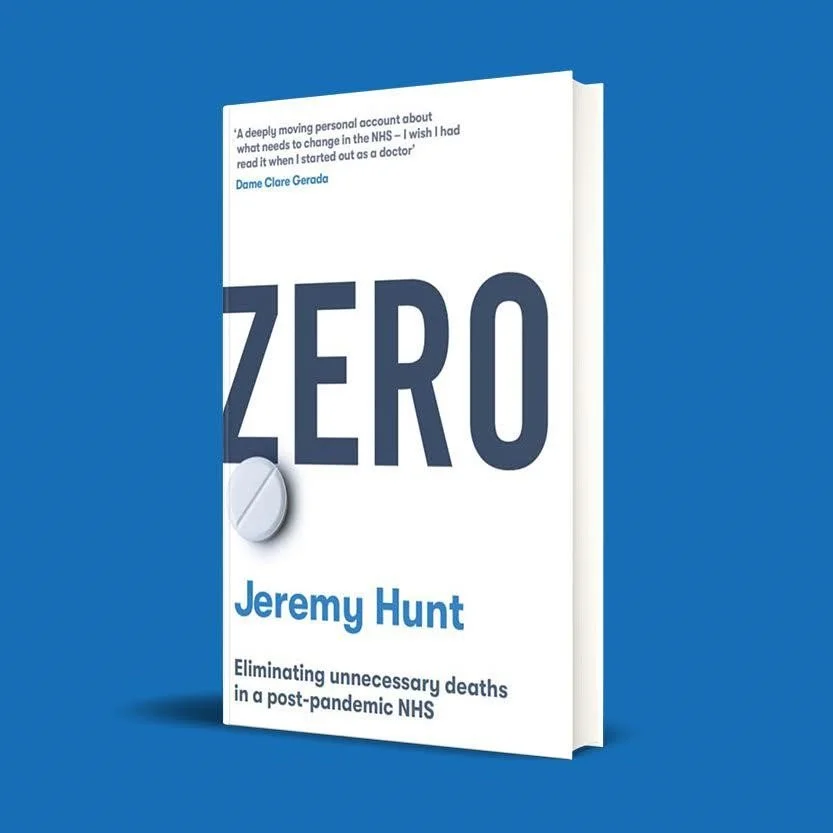With the country gradually moving back to normal following Her Majesty’s funeral people are beginning to think again about problems in the NHS. Rightly the new Health Secretary will be focusing on the elective backlog (6.8m and counting) and the current crisis in emergency care which is seeing stroke patients wait for one hour for an ambulance. Both are massive risks to patient safety - but both also risk overwhelming a new Secretary of State with firefighting rather than the long term strategic planning the NHS desperately needs. So here are six patient safety priorities that will help reduce elective and emergency pressures and save money that I’d like to see in the Health Secretary’s statement tomorrow. What’s not to like?
Firstly, we must see a credible and comprehensive NHS and social care workforce plan. The government rejected an amendment to the Health and Care Act put forward by me and nearly every other NHS body including all the Royal Colleges. But we have a new PM, a new Health Secretary and, crucially, a new Chancellor. Theresa May becoming Prime Minister gave me the opening to secure a 25% increase in doctor, nurse and midwife training places with six new medical schools - now Therese Coffey has the chance to do the same. The biggest single source of waste in the NHS is £6bn we spend on locums and on agency nurses - all because we have fewer doctors per head than France and Germany despite spending a similar proportion of our GDP on health. Training more doctors and nurses and boosting retention by sorting out the pensions issue (as Liz Truss promised in her leadership campaign) would make a big difference to the capacity of the NHS and be a massive boost to morale. It would also save lives because short-staffing increases risks to patients (as I explain in my new book Zero).
Secondly a reform to primary care would make a massive difference to the morale of GPs. Last year’s BJGP Norway study showed you are 30% less likely to go to hospital and 25% less likely to die if you see the same doctor over a long period of time. Family doctors are crying out for more continuity of care, and although it does need more doctors to deliver it, select committee evidence showed it can be done even under current constraints. So bring back individual GP lists, notoriously scrapped by the Blair government in 2004. And whilst we’re at it, scrap QOF and all the micromanaging that goes with it, replacing it with an additional income stream for primary care if they can reduce emergency admissions. Both that and individual lists would not just reduce pressure on hospitals, they would re-professionalise General Practice and stop people quitting the profession.
Thirdly the Health Secretary should provide a timetable by which the vital recommendations from the Ockenden Review will be implemented, in particular the 2000 more midwives and 500 more obstetricians. Thousands of babies lives are at stake and we MUST be able to promise new mums their care will be safe. The government has accepted the recommendations so putting a timetable on them shouldn’t be too hard. But hanging around any longer won’t pass muster: we have the Kirkup East Kent review coming out soon and families will be very angry if nothing has started to happen by then.
I believe the new health secretary is a reformer, so the next two proposals should warm the cockles of her heart. My fourth one is to be really bold and scrap national NHS targets to free up staff to focus on patients not paperwork. With more centrally imposed targets than any other healthcare system (see the targets chapter in Zero) the NHS pressurises staff to look over their shoulders to their line manager rather than look at the patient standing in front of them. We don’t have targets for GCSE or A-Level results, instead we rely on Ofsted ratings to know if a school is performing well or not. The CQC is capable of providing the same service for our health service and stop us turning patients into numbers as too often happens. We have the new ICBs - if we don’t want them to be rehashed SHAs or PCTs let’s free them up to get on with the job.
Fifthly - and another bold reform - the new Health Secretary she should join forces with the Treasury and radically reform our litigation and compensation systems so that we focus on learning what went wrong instead of seeking to blame those who made a mistake. The adversarial nature of the way we do things at the moment means staff are not given the opportunity to learn why something happened and therefore be in a position to ensure they and others don’t repeat their mistakes. Instead, they have to defend themselves from accusations of clinical negligence from patients and their families who are forced down that route simply to get the support their deserve. A no fault system would be fairer to staff and patients and ultimately bring down costs by reducing errors as we detail in a recent Select Committee report.
Finally and slightly more technically to some (but very important none the less) she should revamp the Learning from Deaths programme so that all Trusts are publishing data on the avoidable deaths that happen in their services as they are legally required to. Only by knowing exactly how many of these are taking place each year can we actually know if hospitals are getting safer or not - but around half of hospitals do not comply with their legal obligation to do so. Without data on preventable death how can we prevent it?

